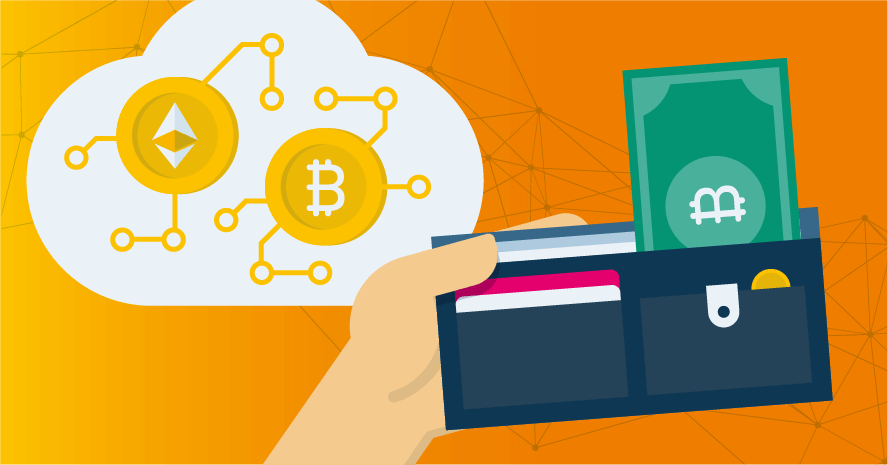In the constantly evolving market of crypto One of the most fundamental devices for taking part in this digital economy is the cryptocurrency wallet. It is a crucial component of technology that is frequently misunderstood, or more importantly, ignored by novices looking to enter the digital world. It is the core of crypto security and the management of transactions. It is similar to the bank account, yet operating with a different set of rules.
A cryptocurrency wallet, at the core is a device which allows users to keep, transfer or receive cryptocurrency such as Bitcoin, Ethereum, and numerous other altcoins. It is important to realize that thinking of the device as just an instrument for storage does a disservice to its capabilities and complexity. It is a blockchain that interacts in order to allow users to track their balances, conduct transactions and also connect to an array of different apps. Contrary to conventional wallets, crypto wallets aren’t able to store currencies physically, but Instead, they store safe digital keys that verify the ownership of digital assets as well as permit users to conduct transactions.
Different types of crypto wallets can be classified into cold wallets and hot wallets. Hot wallets can be connected to the internet, and make it convenient for regular traders as well as users because of their ease of use. They are usually available as softwaresuch as mobile, desktop or web-based platforms. But, because they are online, that they are susceptible to hacking as well as security breach. However cold wallets, which are storage options that are not online like hardware wallets and even paper wallets and are considerably more secure since they are secure from cyberattacks, however they are not as convenient for transactions that happen every day.

If they are choosing a wallet for crypto bot one must think about the specific requirements of their needs in terms of security, ease of use, and performance. For instance, users who are active traders may gravitate toward a hot wallet due to convenience and convenience, while investors who are looking for a long-term investment may prefer the protection that comes with a cold wallet. Multi-currency compatibility is another option worth considering, since certain users might want to control different forms of crypto currencies in a single wallet. Additionally, the rise of Decentralized Finance (DeFi) has boosted increasing the number of wallets that integrate with DeFi applications. These allow customers to take part in the lending and borrowing process, as well as yield farming.
Security is the most pressing issue when it comes to crypto wallets. Due to the fact that cryptocurrency is decentralized implies that the users are entirely responsible for the security of their wallets. This is why it’s crucial to have managing private keys — in the event that a user is unable to access their private key they are unable to access the assets they have with no recourse. If an individual else gains access to access to the key private, that person may transfer funds into the account, thereby stealing the money. The responsibility involved may be overwhelming, however it gives users complete control of their digital assets without the supervision of banks and other traditional institutions.
The advancement of crypto wallets is continuing as the market increases. New technologies like biometric security such as multi-signature wallets, multi-signature, and smart contract-based security solutions are constantly being designed to secure wallets and convenient for users. In the future, we could also bring wallets with larger ecosystems blurring the boundaries between finance, identity through digital and presence on the internet.




